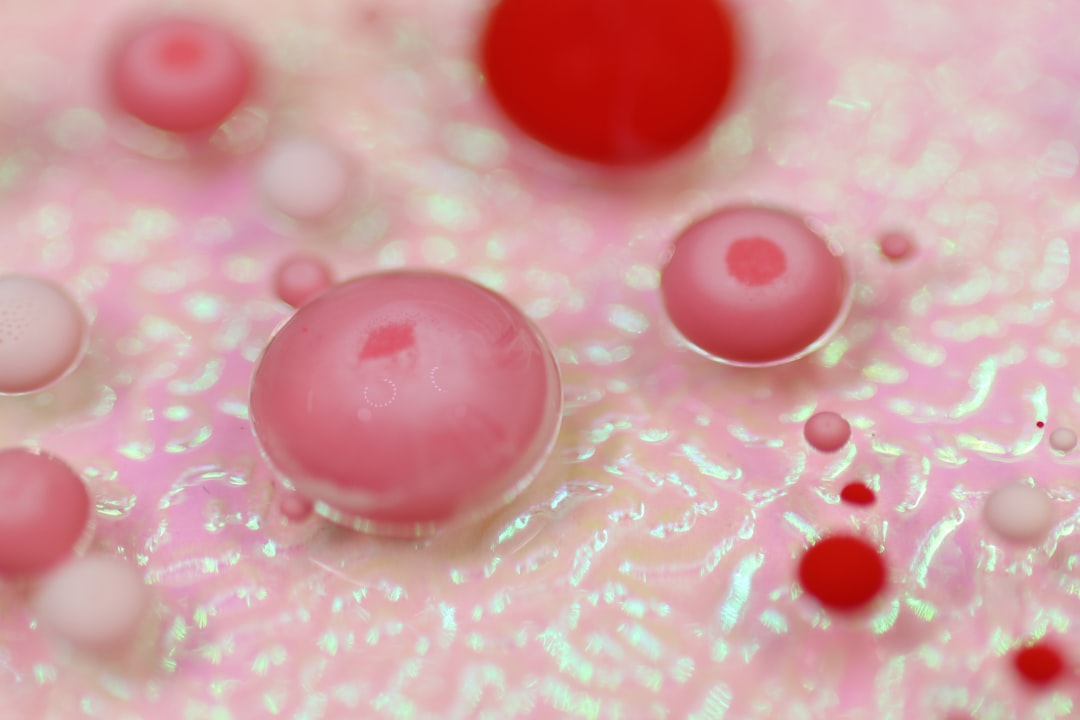What is it about?
Aluminium adjuvants (alum) have been the only widely approved adjuvants for use in human vaccines since the 1920s, however, the mechanism of action of these adjuvants remains elusive. Due to increasing demand for novel adjuvants, a clearer understanding of the mechanisms that allow these important agents to affect adaptive immune responses will make a significant contribution to the rational design of future vaccines. Using a novel approach to tracking antigen and antigen presentation, we demonstrate that alum induces higher antigen accumulation and increased antigen presentation by dendritic cells (DCs) in vitro. Antigen accumulation was 100-fold higher and antigen presentation 10-fold higher following alum treatment when compared with soluble protein alone. We also observed that alum causes an initial reduction in presentation compared with soluble antigen, but eventually increases the magnitude and duration of antigen presentation. This was associated with reduced protein degradation in DCs following alum treatment. These studies demonstrate the dynamic alterations in antigen processing and presentation induced by alum that underlie enhanced DC function in response to this adjuvant.
Featured Image
Why is it important?
Aluminium adjuvants (alum) have been the only widely approved adjuvants for use in human vaccines since the 1920s, however, the mechanism of action of these adjuvants remains elusive. Due to increasing demand for novel adjuvants, a clearer understanding of the mechanisms that allow these important agents to affect adaptive immune responses will make a significant contribution to the rational design of future vaccines. Using a novel approach to tracking antigen and antigen presentation, we demonstrate that alum induces higher antigen accumulation and increased antigen presentation by dendritic cells (DCs) in vitro. Antigen accumulation was 100-fold higher and antigen presentation 10-fold higher following alum treatment when compared with soluble protein alone. We also observed that alum causes an initial reduction in presentation compared with soluble antigen, but eventually increases the magnitude and duration of antigen presentation. This was associated with reduced protein degradation in DCs following alum treatment. These studies demonstrate the dynamic alterations in antigen processing and presentation induced by alum that underlie enhanced DC function in response to this adjuvant.
Perspectives
Aluminium adjuvants (alum) have been the only widely approved adjuvants for use in human vaccines since the 1920s, however, the mechanism of action of these adjuvants remains elusive. Due to increasing demand for novel adjuvants, a clearer understanding of the mechanisms that allow these important agents to affect adaptive immune responses will make a significant contribution to the rational design of future vaccines. Using a novel approach to tracking antigen and antigen presentation, we demonstrate that alum induces higher antigen accumulation and increased antigen presentation by dendritic cells (DCs) in vitro. Antigen accumulation was 100-fold higher and antigen presentation 10-fold higher following alum treatment when compared with soluble protein alone. We also observed that alum causes an initial reduction in presentation compared with soluble antigen, but eventually increases the magnitude and duration of antigen presentation. This was associated with reduced protein degradation in DCs following alum treatment. These studies demonstrate the dynamic alterations in antigen processing and presentation induced by alum that underlie enhanced DC function in response to this adjuvant.
Dr Tirth Raj Ghimire
Tribhuvan University
Read the Original
This page is a summary of: Alum increases antigen uptake, reduces antigen degradation and sustains antigen presentation by DCs in vitro, Immunology Letters, September 2012, Elsevier,
DOI: 10.1016/j.imlet.2012.06.002.
You can read the full text:
Contributors
The following have contributed to this page










